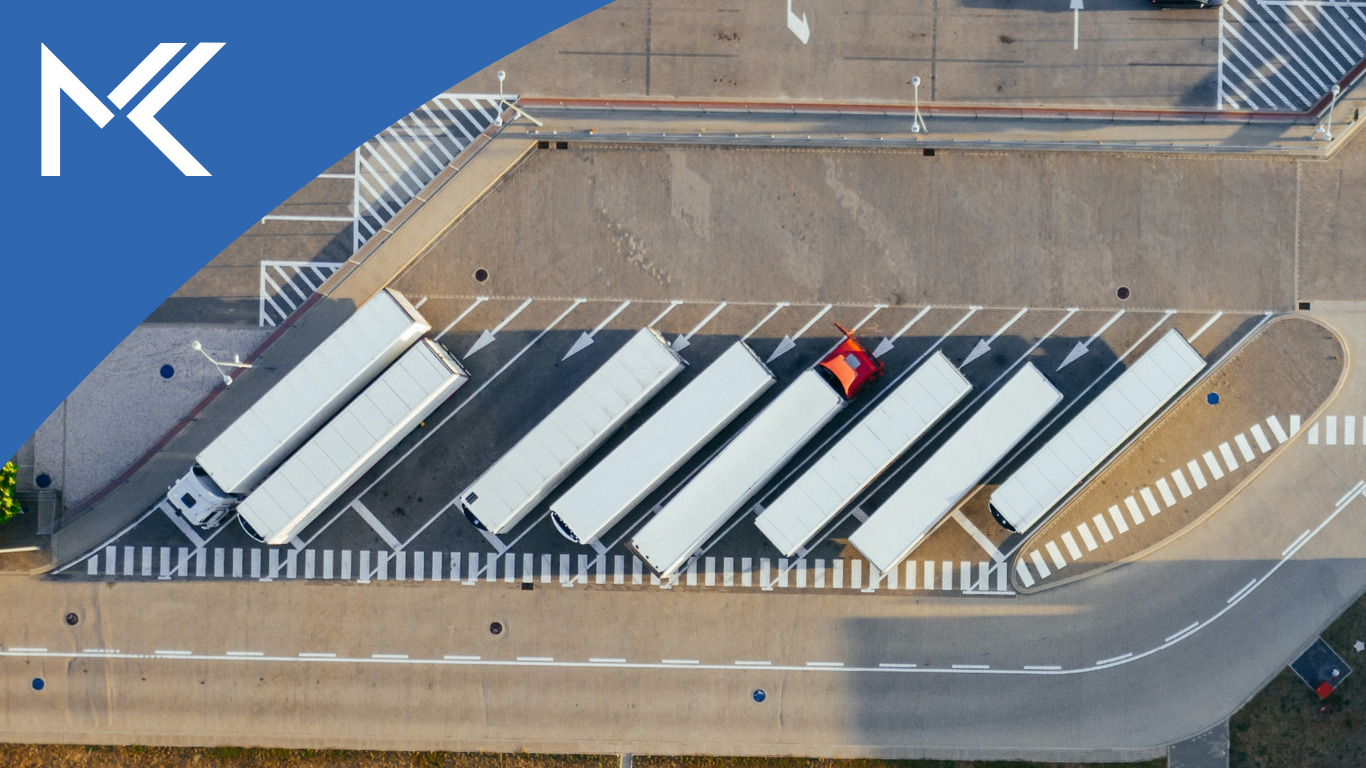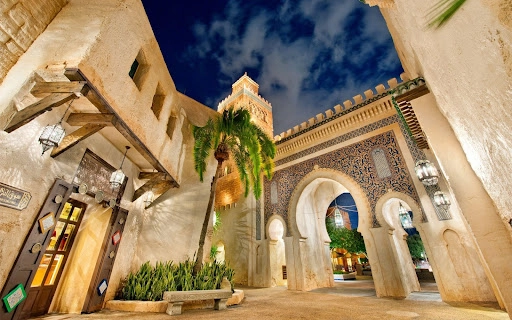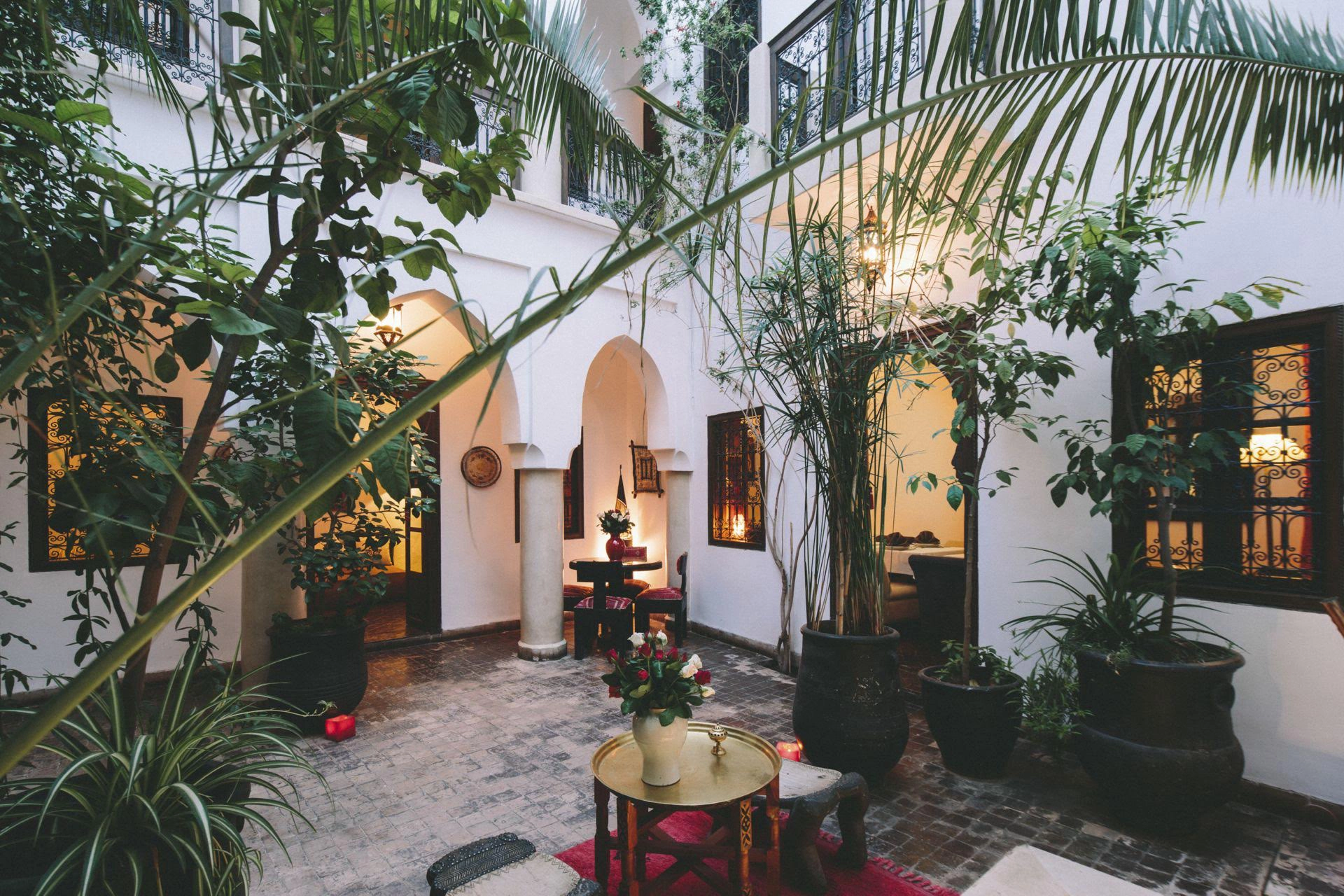Formerly known as Free Trade Zones (FTZ), Industrial Acceleration Zones represent designated areas within the customs territory where industrial and related service activities are exempted from customs regulations, duty and those related to foreign trade and exchange control.
Companies established within these zones enjoy the privilege of conducting any industrial or commercial export-oriented activity, along with associated services, and benefit from a number of fiscal, customs, and exchange advantages.
Currently, Morocco has over ten industrial acceleration zones, three of which are located in the Tanger-Tétouan-Al Hoceima region, three in the Rabat-Salé-Kénitra region, and one in the Casablanca-Settat region.
1) Eligible Entities for Establishment in IAZs
Any natural or legal person, Moroccan or foreign, is authorized to invest and establish their company within industrial acceleration zones. However, Moroccan nationals residing in Morocco and companies with their registered office in Morocco may only carry out investment operations within IAZs in compliance with the prevailing exchange regulations.
2) Permissible Activities within Industrial Acceleration Zones
In principle, all industrial or commercial activities and associated services are permitted. However, each Industrial Acceleration Zone sets forth specific regulations governing the types of activities that companies can undertake within its jurisdiction.
For instance, activities authorized within the Tangier Free Zone are explicitly outlined in Decree No. 2-96-511. These activities include:
- agro-industry;
- textile and leather industries;
- metallurgical, mechanical, electrical, and electronic industries;
- chemical and petrochemical industries;
- as well as services related to these activities.
3) Benefits Granted to Industrial Acceleration Zones
1 – Fiscal Benefits:
- Total exemption from corporate income tax for the first five years and application of a 20% rate for subsequent fiscal years following the 5th year of total exemption.
- Exemption of dividends and other similar participation income from foreign sources when paid to non-residents.
- Exemption from value-added tax, with the right to deduct delivered products and services rendered to IAZs as well as operations carried out within or between said zones.
- Exemption from business tax for the first 15 years for buildings and equipment.
2 – Customs and Exchange Advantages:
- Exemption from import duties, taxes, and surcharges.
- Simplified customs procedures.
- No exchange control.
- Exemption from regulations issued by the “Office des Changes” regarding currency transfers.
- Goods entering and exiting IAZs are not subject to legislation regarding foreign trade control.
3 – Other Benefits:
- Companies established within IAZs may also benefit from any other advantages provided by other Moroccan legislative provisions regarding investment incentives.
4) Procedure for Establishment in an Industrial Acceleration Zone
- Application for authorization to establish in an IAZ,
- Review of the application and issuance of the establishment decision by the local Zone Commission.,
- Signing of the lease or sale contract for the plot, as appropriate,
- Application for Operating Authorization,
- Review of the application and issuance of the Operating Permit,
- Commencement of operations.
Mkonsulting offers its expertise services to support your investment endeavors within The Free Trade Zones. We provide a comprehensive range of services, including assistance in administrative representation procedures with relevant zones and administrative authorities, as well as tailored consulting missions in financial, legal, tax, and exchange matters.
CONTACT US:
+212 5 22 26 59 90
Disclaimer: The content of this article is intended to provide a general guide to the subject matter. Specialist advice should be sought about your specific circumstances.




